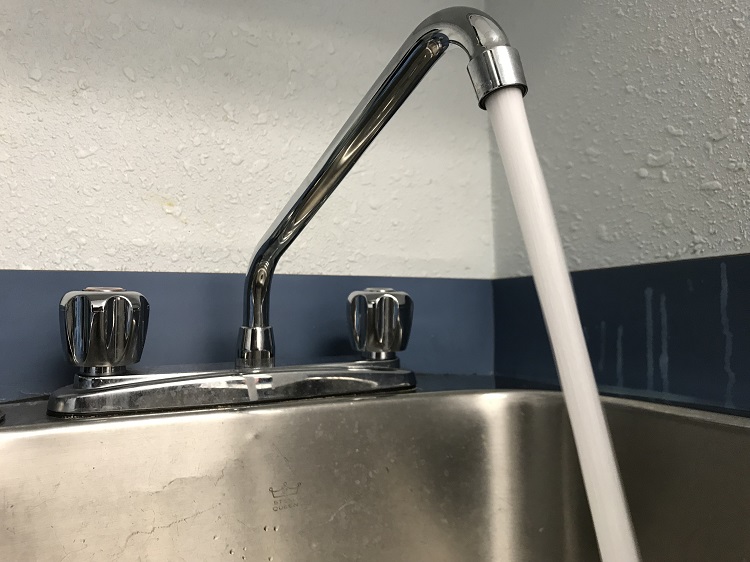By: Nick Pearce, Local Journalism Initiative Reporter, The StarPhoenix
One of Saskatchewan’s most far-flung settlements is inching closer to clean drinking water.
Uranium City residents hope the promised improvements to the community’s water treatment plant are closer to reality, but progress is slow, noted Dean Classen, who is chair of the northern settlement’s board.
In 2001, the provincial Water Security Agency handed a precautionary drinking water advisory to the small community near the Northwest Territories border. An emergency boil water advisory has been in place since 2015.
“We’ve been fighting this for a long time,” Classen said.
As of March, the Ministry of Government Relations was still searching for $1.7 million to fix the community’s water woes, Saskatchewan’s provincial Auditor Judy Ferguson noted in a report released on Tuesday.
The ministry has engaged an engineering firm, and is seeking federal-provincial infrastructure funding, the report said.
“I don’t know if this is actually going to come to light or (if) we actually have the money,” noted Classen, who estimated the community has been waiting for funding for about a decade.
In addition to a lack of consistent testing, Uranium City doesn’t have “minimum water treatment processes, and there is inadequate disinfection residual in the distribution system with E.coli detected in the drinking water system,” the report said.
One other northern settlement, Brabant Lake in the northeast, is slated for water treatment upgrades.
In 2018, the Water Security Agency issued a precautionary drinking water advisory to the community, where the auditor’s report counts 27 dwellings being served.
In 2020, the Ministry drilled two new ground wells to help resolve the water issues. In March, it awarded a contract for about $115,000 to upgrade the small settlement’s water systems and expects work to be done by the end of June, the report said.
The final stage aims to further upgrade the water treatment plant for $1 million, to be completed by 2022.
There are also lingering issues of inconsistent water testing, which the province attributed to “human error and travel restrictions due to the COVID-19 pandemic,” the report said.
It found the ministry didn’t always notify the water agency of “abnormal” test results like low chlorine levels in Wollaston Lake and Uranium City — on top of the community’s long wait.
Given Uranium City’s remote location, “things don’t happen fast,” Classen said.
